Situated in the island of Panay, the Boracay Airport is one of the three airports that serve the island. The other two airports that serve the island are the Kalibo International Airport and the Iloilo International Airport. The Boracay Airport, even though it is not located in the island of Boracay, got its name because of its proximity to the Jetty Port that brings guest from the mainland going to Boracay, a small island with pristine white sand beaches.
Also known as the Caticlan Airport because it is located in the municipality of Caticlan, the Boracay Airport’s real name is the Godofredo P. Ramos Airport (IATA: MPH) (ICAO: RPVE). It is one of the cleanest airports in the Philippines even though it is one of the smallest. It can only cater to aircrafts with smaller bodies. SEAIR (South East Asian Airlines), Cebu Pacific Air, Air Philippines with flights coming from Manila, Cebu and Clark have regular schedules here. Most of the guests who arrived at the Boracay Airport are visiting the island of Boracay to enjoy the land and water activities such as parasailing, buggy car, jet skiing and many others.
From the Boracay Airport, one can take the tricycle for P40.00 or walk for about 10 to 15 minutes to the Caticlan Jetty Port. Most airlines offer only 10 to 15 kg of luggage going to Boracay Airport. You need a permit and pay more if you are planning to bring more than the allowable luggage weight.
Outside the airport, you can see some murals displaying different things, which are important to the people living in the island of Panay. Included in the murals outside the main building is the face of Godofredo P. Ramos, the Father of Aklan. As a congressman, he authored House Bill No. 334, proposing the separation of Aklan from Capiz and he is also a native of Malay town in Aklan.
Developed by Transaire, the Boracay Airport classified as a Class 2 Principal airport by the Civil Aviation Authority of the Philippines, is the seventh busiest airport in the Philippines and third busiest in the Western Visayas.
On the technical side, the direction of the airport is 06/24. Its runaway has a concrete surface with 810 meters (or 2,657 feet) in length. In 2010, there were 623,545 passengers and the Department of Tourism is targeting to double this figures in 2012 with their “It’s More Fun in the Philippines” tourism campaign. In 2009, there were 23,868 with 5,275 metric tonnes of cargo.
For more information about Boracay Airport, you can contact the Civil Aviation Authority of the Philippines or you can simply go to the airport and use their touch-screen Tourist Information system.
This page is last updated on
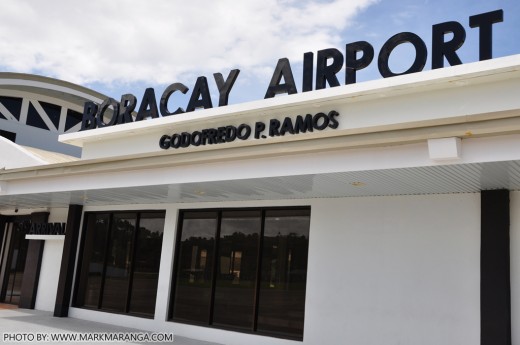
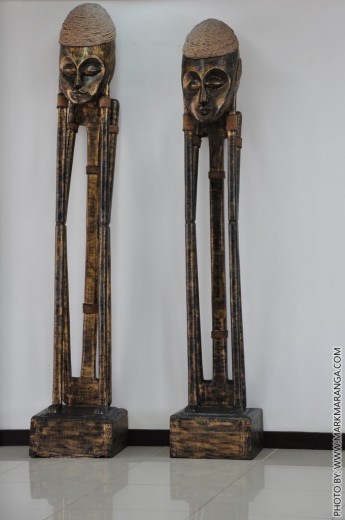
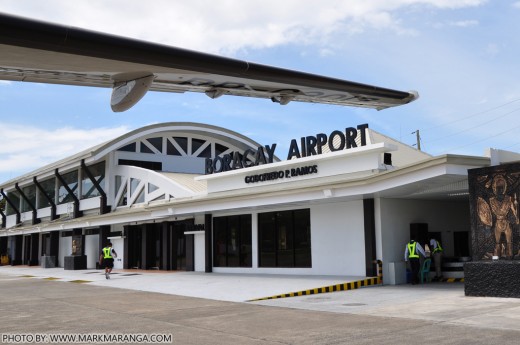
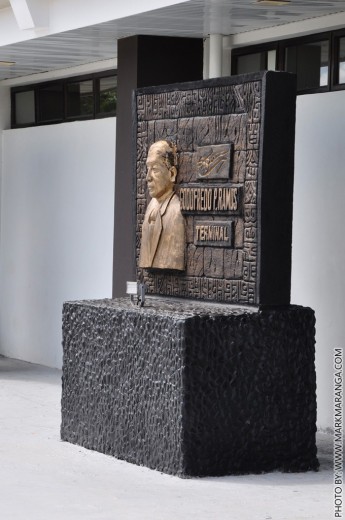
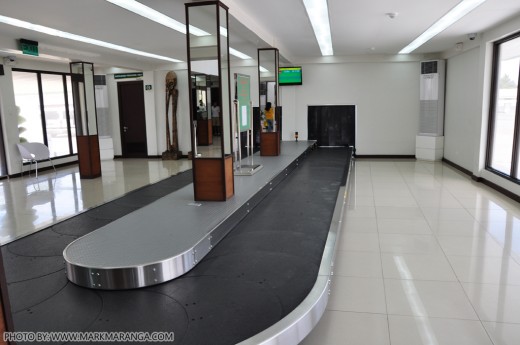
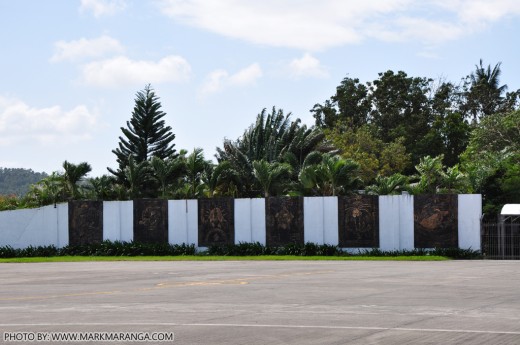
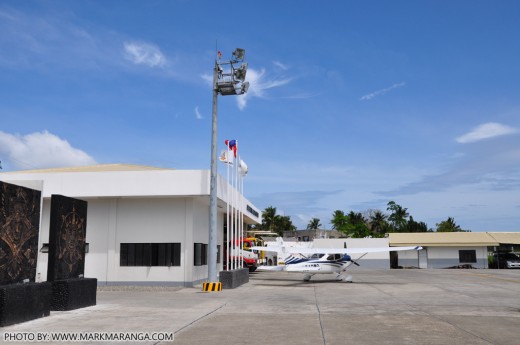
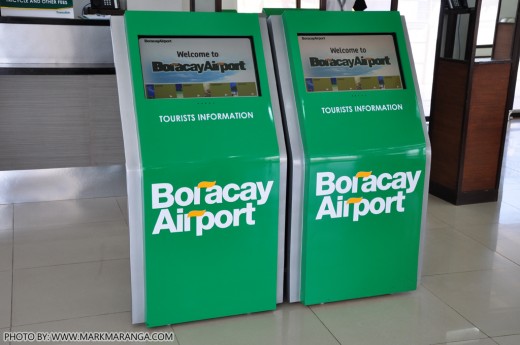

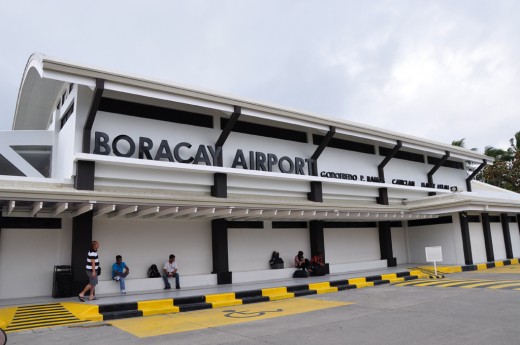
 Mark Anthony Maranga is an Educator-Parent to his 3 Homeschooling Kids. He sells
Mark Anthony Maranga is an Educator-Parent to his 3 Homeschooling Kids. He sells 









